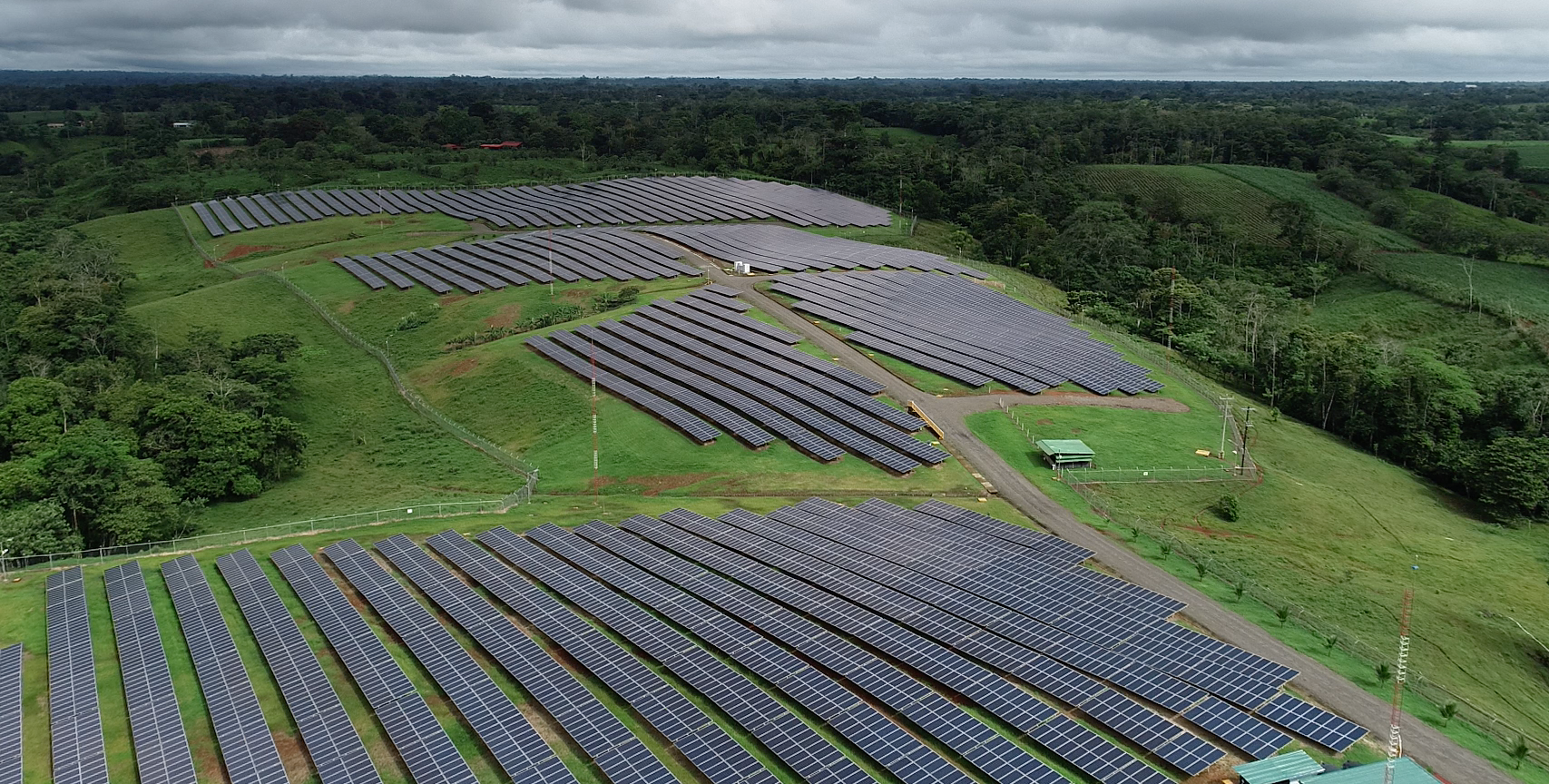

Environment and Renewable Energy in Costa Rica
Costa Rica is internationally recognised as a country with one of the greenest energy matrices. 99.98% of electricity comes from renewable sources, the first source of generation being hydroelectric with more than 73%. The country’s mountainous topography and climate, with almost 7 rainy months a year, contribute to this.
Although in most of the national territory the service is provided by the state electricity giant ICE, there are several peripheral regions (20% of the national territory) where cooperatives generate and distribute electricity and provide telecommunication services. There are four electrification cooperatives, two of which, COOPELESCA and COOPEALFARORUIZ, are located in the region where the DGRV Costa Rica implements the “Redes” project together with its partner, the Unión Nacional de Cooperativas del Norte-URCOZON.
COOPELESCA, founded in 1965 and with a current associative base of more than 112,000 members, supplies electricity from 100% renewable sources. It also provides info-communications services, and manages a warehouse and a tourism project “Coopelesca Tours”.
Together with the other three electrification cooperatives – COOPESANTOS, COOPEALFARORUIZ, COOPEGUANACASTE – it is part of the Cooperative Consortium CONELECTRICAS, created for the development, defence and integration of the electric cooperatives and together to achieve efficiency and innovation through collaborative actions.
DGRV’s “Redes” project in northern Costa Rica promotes cooperation between URCOZON’s partner cooperatives and seeks to achieve synergies and economies of scale between them.
COOPELESCA supports and integrates this process. It was also one of the pioneering cooperatives in the country to apply the DGRV tool to measure the contribution of cooperatives to the Sustainable Development Goals. The purpose of the tool is to report on the actions and investment made by the co-operative to achieve these goals. Among the most relevant results, apart from its main line of business, the generation and distribution of renewable energy (SDG 7), the following can be highlighted:
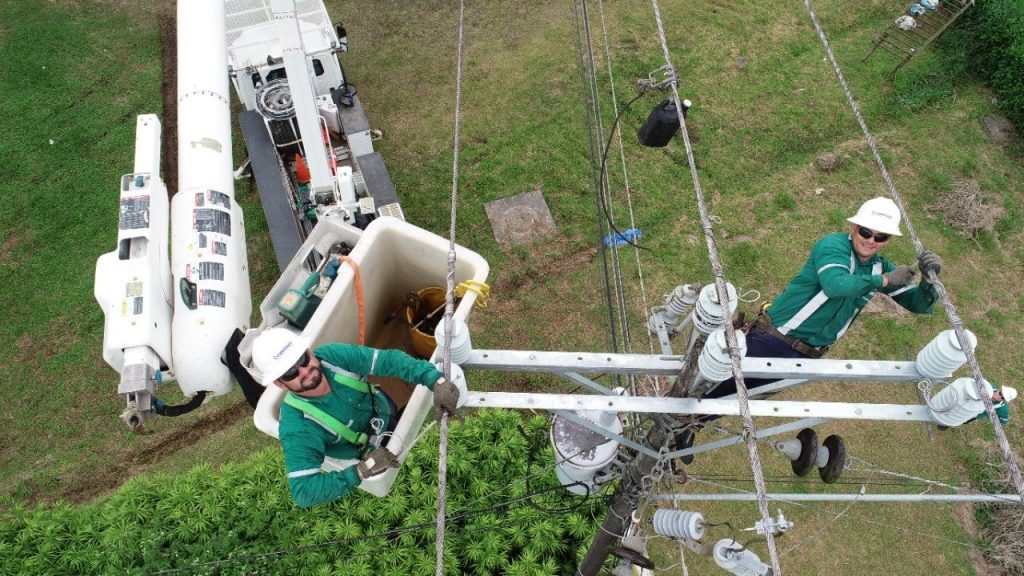 Like COOPELESCA, other URCOZON member cooperatives are part of the “Networks” programme, and through continuous technical support and trust-building actions, small and medium-sized cooperatives in a wide range of sectors have been able to remain stable, grow and innovate, thus ensuring a better income and employment situation for their members.
Like COOPELESCA, other URCOZON member cooperatives are part of the “Networks” programme, and through continuous technical support and trust-building actions, small and medium-sized cooperatives in a wide range of sectors have been able to remain stable, grow and innovate, thus ensuring a better income and employment situation for their members.
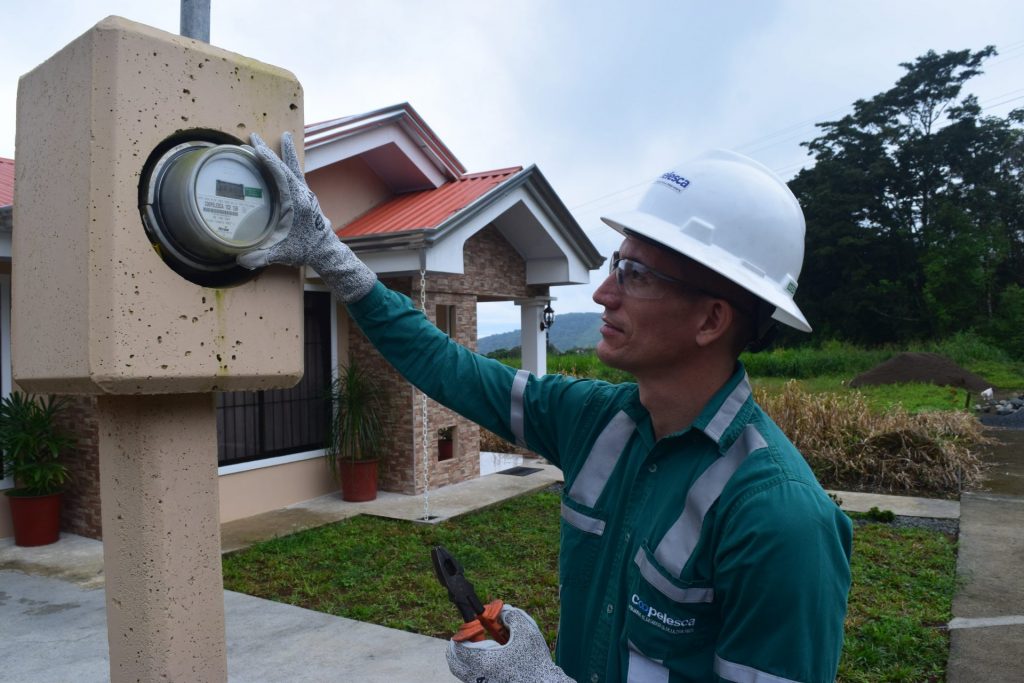 The project has been reinforced by the so-called “Business Clinic” which, together with local academia, provides technical support for business strengthening.
The project has been reinforced by the so-called “Business Clinic” which, together with local academia, provides technical support for business strengthening.
URCOZON has been a partner of the DGRV in Costa Rica since 2018. Founded in 1973 and located in the northern region of the country, it has 48 affiliated cooperatives from a variety of productive sectors and of very different sizes. It supports them with technical advice, training, representation and advocacy, as well as support for the formation of new cooperatives. The northern region is the most cooperativised region of the country, 2 out of 5 of its inhabitants are cooperativists.
URCOZON’s structure includes an educational centre for cooperative members and the community in general. It has been supported by the DGRV in the past and its strength is cooperative education. It also encourages and promotes school cooperatives in educational centres in the region: there are currently 60 school cooperatives duly recognised by the Costa Rican Ministry of Public Education.
It is a commitment to the future so that the new generations are awakened to an interest in associativism and to facilitate the generational handover in the membership and elected bodies of the cooperatives.
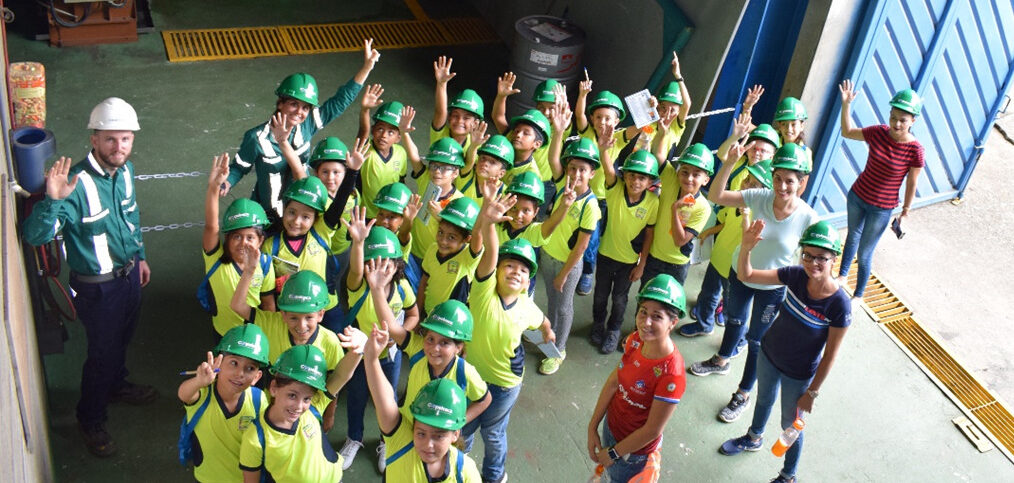
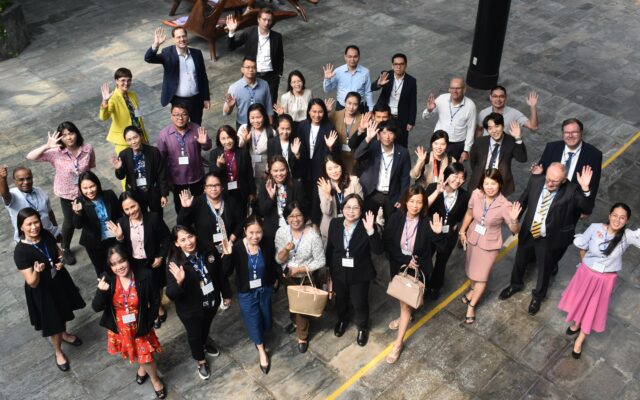
A new partnership between DGRV and the Cooperative Development Authority (CDA) in the Philippines is enhancing regulatory oversight and stability within the cooperative sector.
More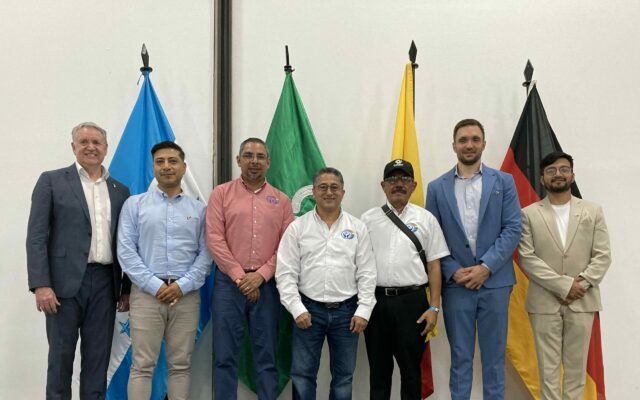
DGRV’s project in Honduras focuses on strengthening the cooperative financial sector, particularly in rural areas, and improving access to financial products and services. The initiative also aims to enhance resilience to climate change and promote the efficient use of natural resources, fostering sustainable and inclusive economic growth.
More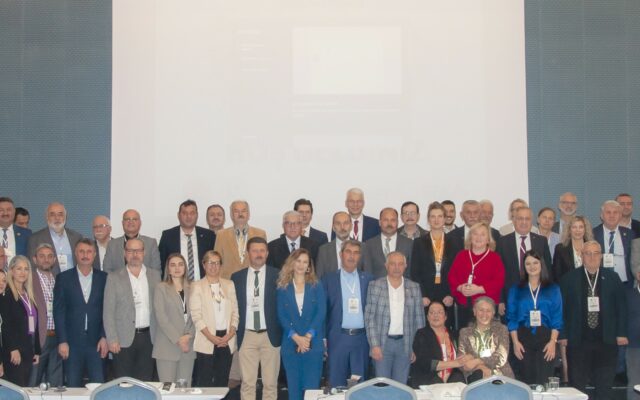
The 8-year long TAKBİ project within the framework of the Turkish and German association cooperation, revitalized Turkish agricultural cooperatives by surmounting challenges, elevating organizational structures, improving service quality, and fostering member satisfaction, leaving a lasting positive impact on the cooperative landscape in Turkey.
More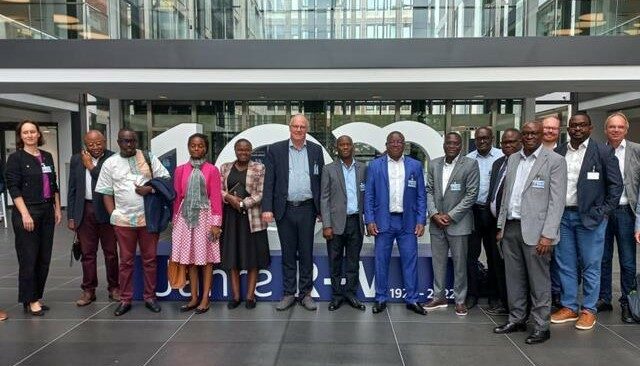
Financial experts from Benin, Cameroon, and Uganda embarked on a journey to Germany to explore the essence of cooperative principles, forging a vision for a resilient banking sector that transcends borders and fosters economic and social progress in African communities.
More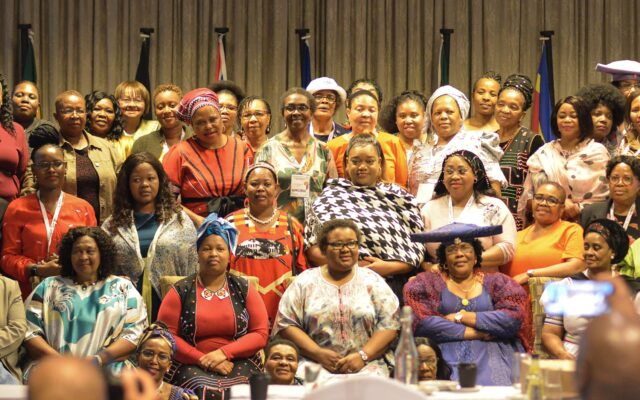
In an extraordinary gathering, female traditional leaders from Southern Africa converged to harmonize the concepts of Ubuntu and cooperative principles, setting a visionary path for community development.
More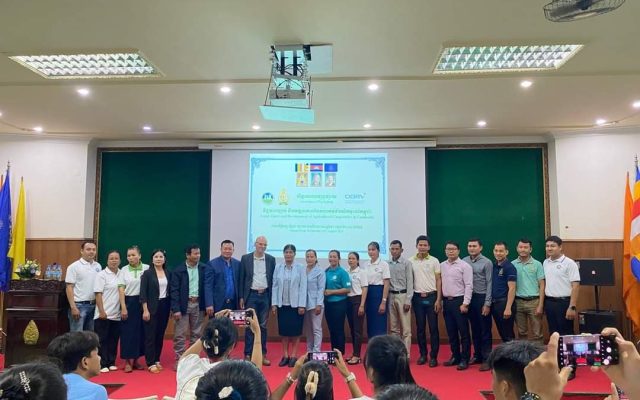
Empowering Cambodia's agricultural cooperatives through dynamic seminars: DGRV and AERD/RUA collaborate to drive leadership, professionalism, and sustainable growth.
More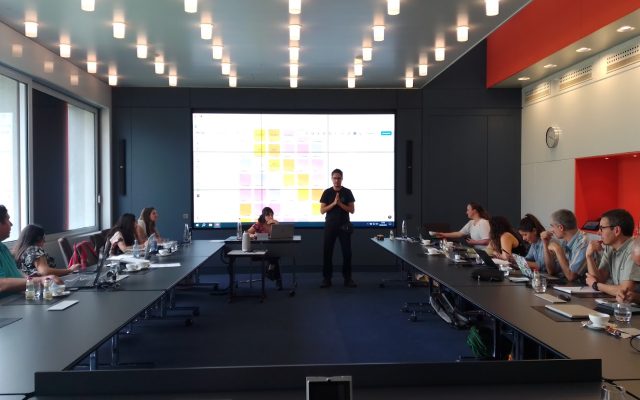
In June, eight Chilean organizations participated in an Exposure Visit to learn from the experience of Energy Cooperatives in Germany
More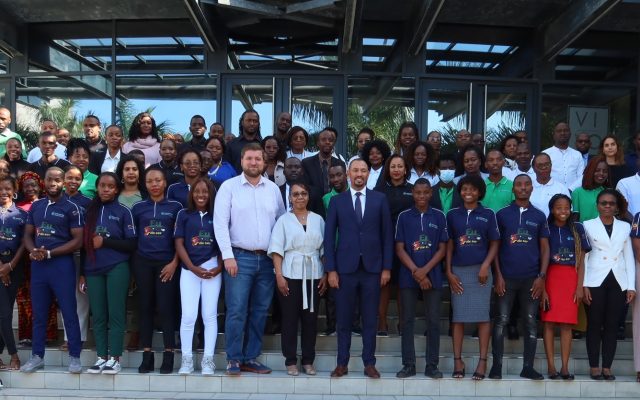
Empowering Mozambican youth through cooperative entrepreneurship to tackle unemployment and promote economic growth.
More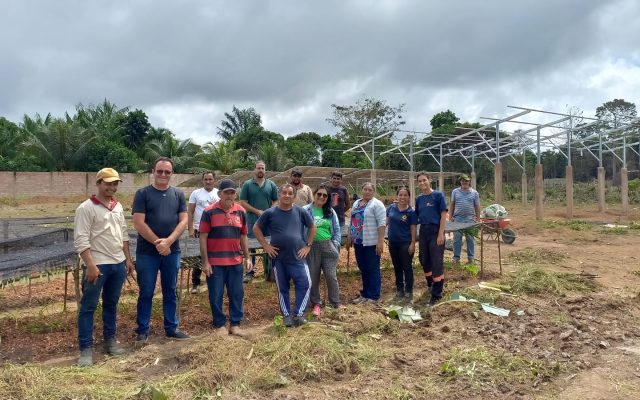
Helping the cooperative CCampo Alimentos to implement an Agrivoltaic pilot project in Brazil
More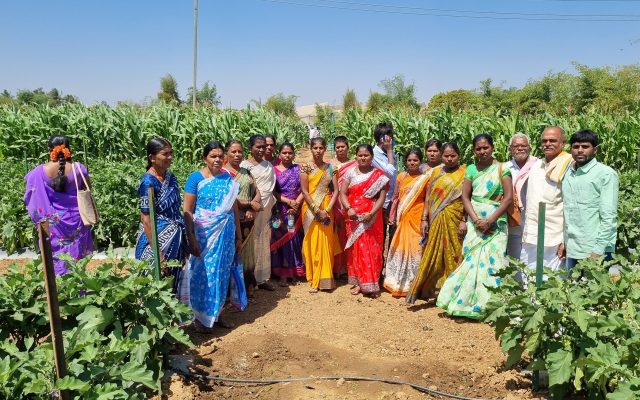
Adaptation measures to climate change in rural areas in India
More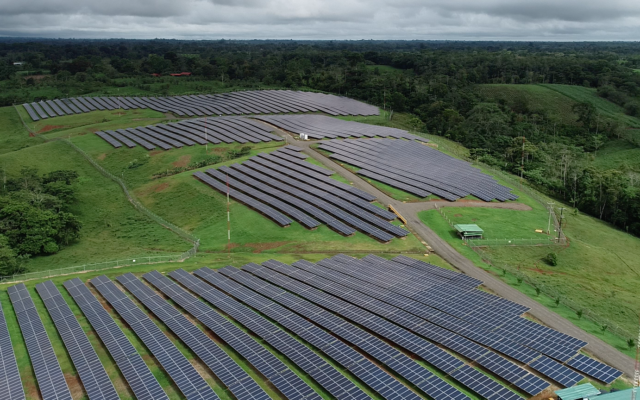
Renewable Energy in Costa Rica generated by cooperatives.
More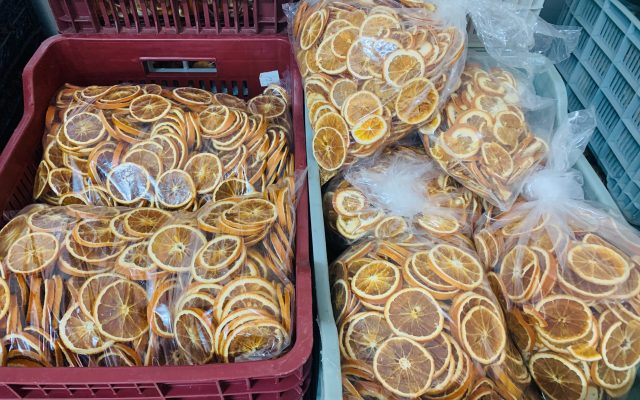
Food Processing with a Regional Federation
More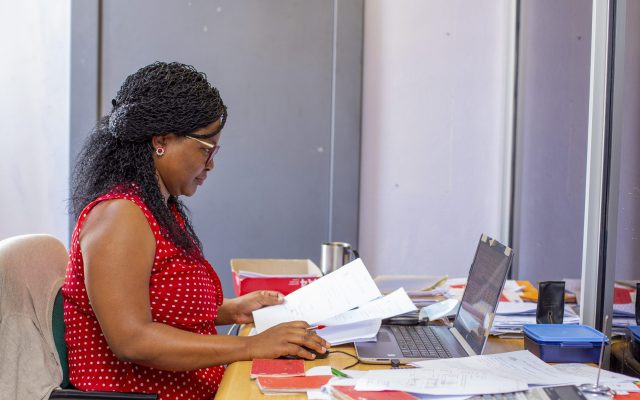
Digitisation of Primary Co-operatives in eSwatini
More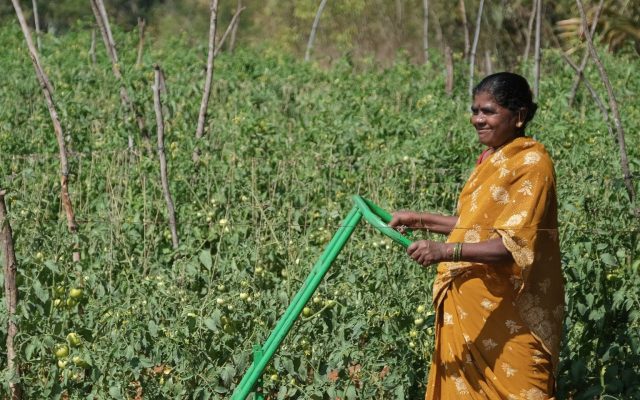
A central solution that enables members to make daily agricultural necessities available promptly and financially affordable
More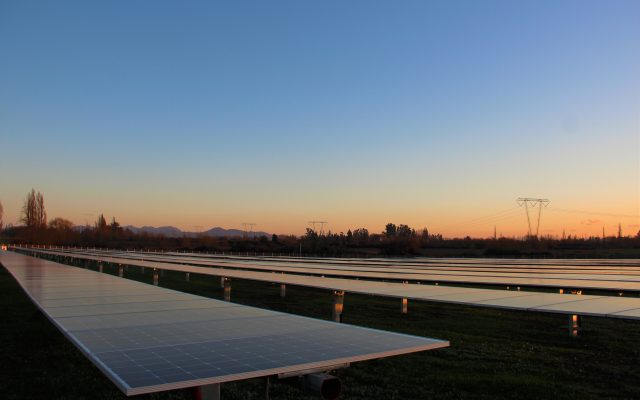
The creation of Community Distributed Generation Cooperatives in Chile.
More
Textile cooperative in Tunisia
More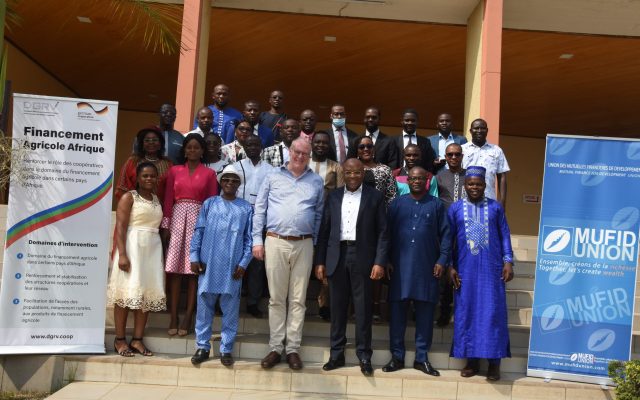
Facilitating access to quality agricultural finance products in Cameroon
More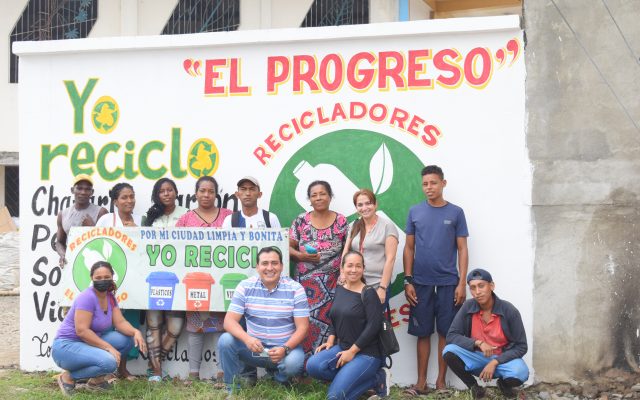
Generating business and commercial connections with the "Networks in Action" project
More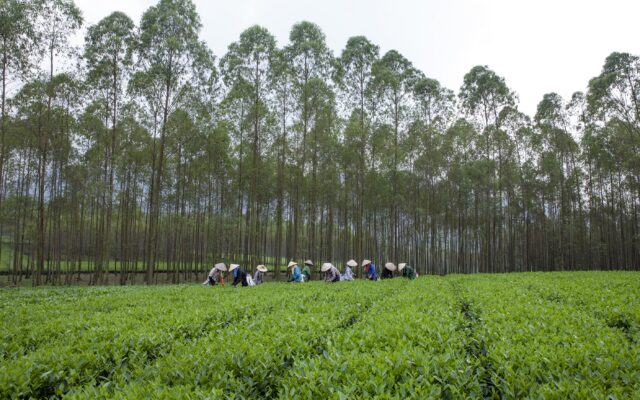
Mid- term courses for cooperative officials in Vietnam
More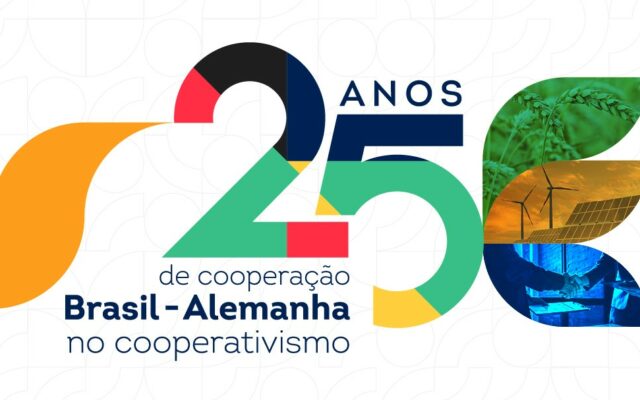
The collaboration between the Brazilian and German cooperative sector
More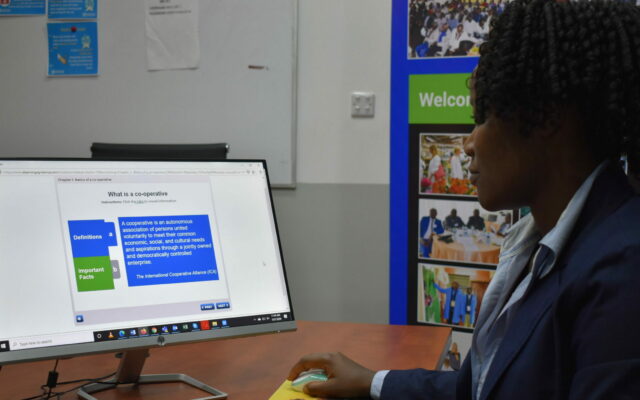
DGRV Kenya supports project partners on their way to adapt to “The new normal” in times of COVID-19
More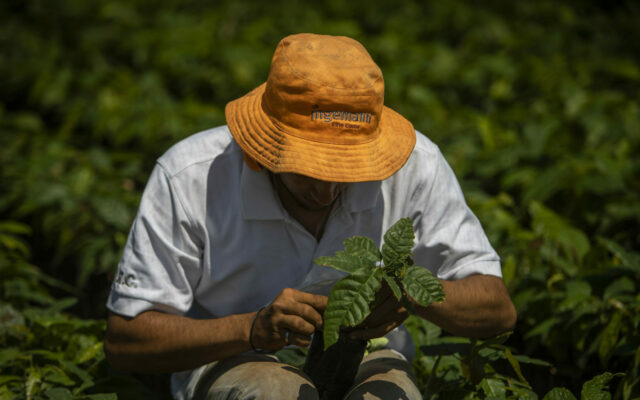
Pablo and his Potatoes
More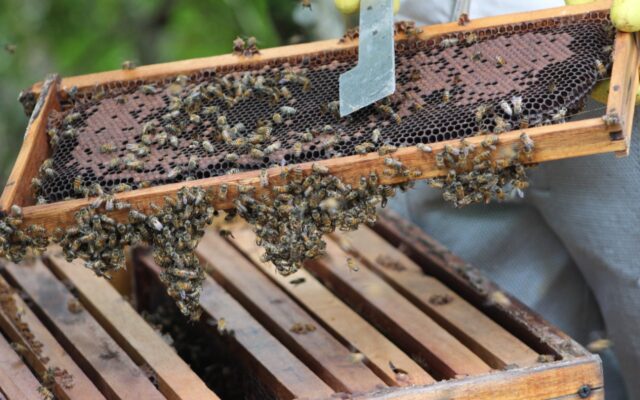
Strengthening small rural producer organizations in Colombia
More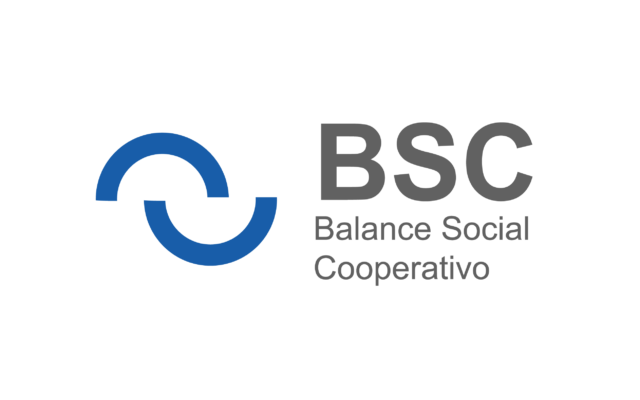
Cooperative Social Responsibility in Honduras
More